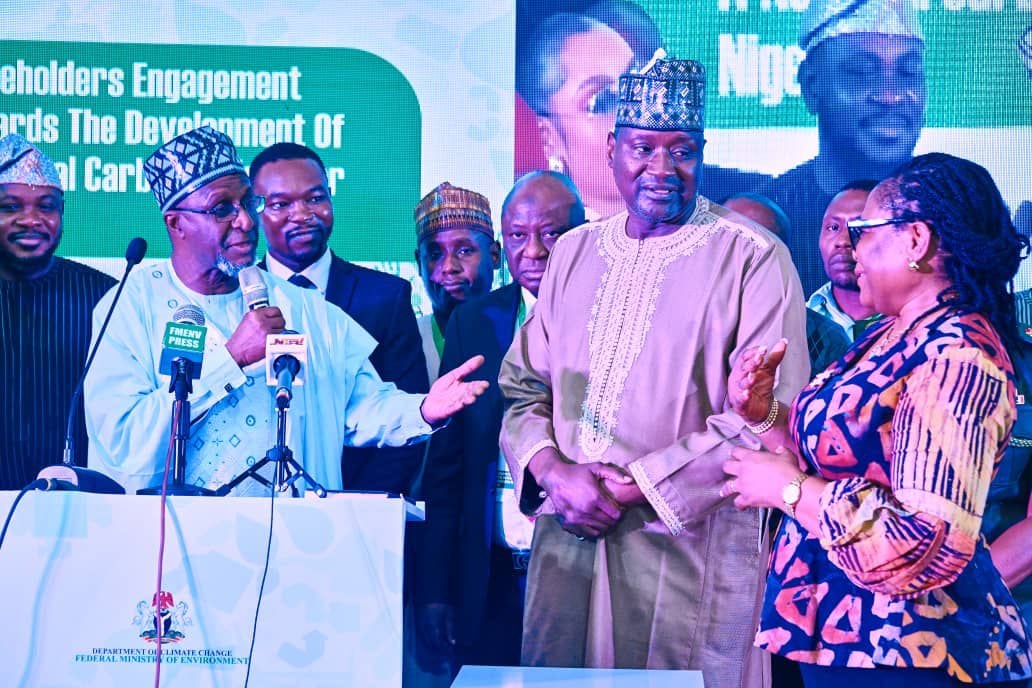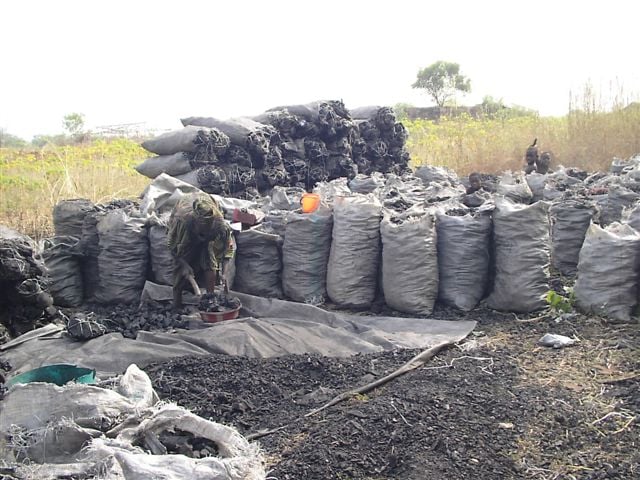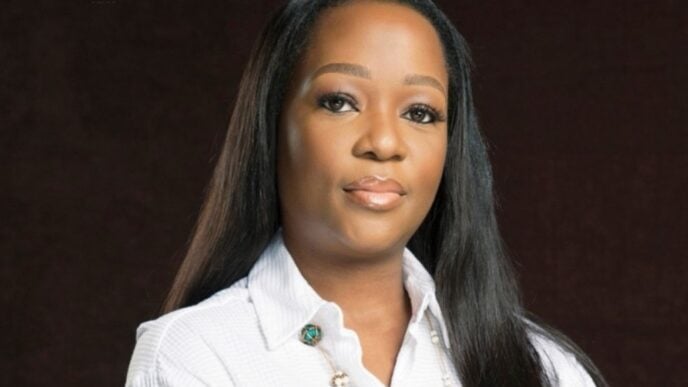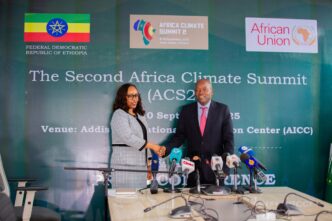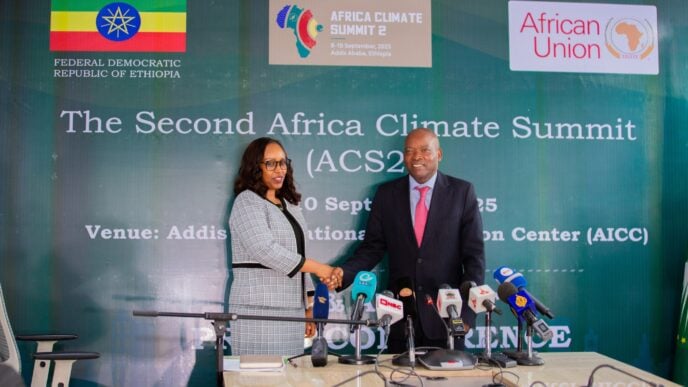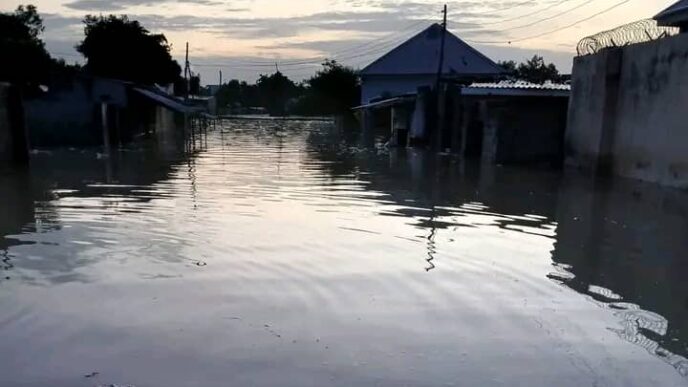The federal government has inaugurated a technical working group to develop a national carbon budget to reduce greenhouse gas emissions in Nigeria.
Speaking on Thursday during a stakeholder engagement held in Abuja, Balarabe Lawal, minister of environment, said the carbon budget is a strategic initiative aimed at advancing Nigeria’s climate commitments under the Paris Agreement.
He noted that the carbon budget initiative reflects the country’s resolve to align national policies with environmental protection, economic growth, and social development.
“Nigeria stands at a crucial juncture in addressing the climate challenges that threaten our environment, economy, and social fabric,” the minister said.
Advertisement
“Nigeria is committed to addressing climate change through ambitious emission reduction targets as outlined in its Nationally Determined Contributions (NDCs) and the implementation of relevant legislation.”
According to the minister, the development of a carbon budget is not merely a technical exercise but a national imperative that requires input from all sectors of society.
He said the technical working group included experts from the energy, transport, agriculture, water resources, and financial sectors, as well as civil society organisations, academia, youth, and women-led climate groups.
Advertisement
Lawal noted that while government agencies will provide strategic oversight, civil society organisations are expected to serve as watchdogs and advocates to ensure transparency and inclusivity.
The private sector, according to him, will be vital for innovation and sustainable practices, while academia and development partners will support the process through technical expertise, funding, and capacity building.
“A well-structured carbon budget will help Nigeria monitor and reduce greenhouse gas emissions effectively, contribute to global mitigation targets, protect ecosystems, and enhance resilience against climate impacts such as flooding, drought, and desertification,” the minister added.
Chukwumerije Okereke, a professor of global climate and environmental governance, described a carbon budget as the total amount of greenhouse gases a country can emit within a specified period to stay within agreed temperature limits.
Advertisement
“Scientists have shown that the bulk of the rise in global greenhouse gas emissions stems from human activity,” he said.
Also speaking, Kenneth Kwujeh, director of planning and projects at the ministry of budget and national planning, said aligning economic planning with climate goals is essential, and called for a succession plan for Nigeria’s carbon budget from 2026 to 2030.
Yasmin Mohammed, special assistant to the president on energy transition, called for coordinated efforts among ministries, departments, and agencies to ensure the success of the initiative.
Kunle Olusile, national project coordinator for the UN Industrial Development Organisation (UNIDO), assured the organisation’s support for the carbon budgeting process.
Advertisement
